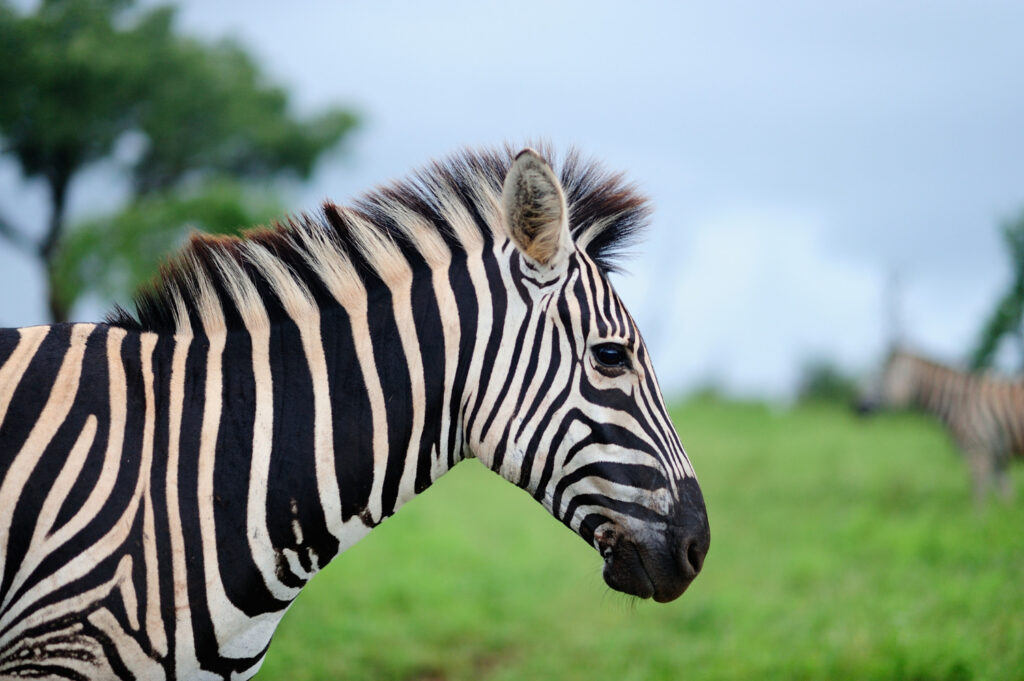Understanding Zebra Health: An Overview of Their Well-Being
Zebras, with their striking black-and-white stripes, are not just a visual spectacle in the wild; they are fascinating creatures that require specific care to maintain their health. Understanding the various aspects of zebra health is crucial for both conservationists and those in captivity, such as zoos and wildlife reserves.
Habitat and Environment
Zebras primarily inhabit grasslands, savannas, and open woodlands in Africa. Their health is closely linked to their environment, which provides not just food but also shelter from predators and harsh weather. The degradation of their natural habitats due to human activities poses significant threats to their health, leading to malnutrition and increased stress levels.
Diet and Nutrition
Zebras are herbivores, primarily grazing on grasses. Their digestive systems are adapted to break down fibrous plant material, making it essential for them to consume a high-fiber diet. In captivity, it’s crucial to replicate their natural diet as closely as possible. Poor nutrition can lead to health issues such as colic, obesity, and dental problems. Access to fresh water is also vital, as dehydration can severely impact their health.
Common Health Issues
Zebras are susceptible to various health problems, particularly in captivity. Some of the most common issues include:
- Parasites: Internal and external parasites can pose significant health risks, leading to weight loss, anemia, and lethargy.
- Infectious Diseases: Conditions such as equine influenza and strangles can affect zebras, especially if they are in close contact with domestic horses.
- Hoof Health: Zebras are prone to hoof problems, which can be exacerbated by improper flooring in captivity. Regular hoof care is essential.
- Stress and Behavioral Issues: In captivity, zebras may experience stress due to confinement or social dynamics. This can lead to behavioral issues, such as pacing or aggression.
Preventative Care
Preventative health measures are critical for maintaining zebra health. Regular veterinary check-ups, vaccinations, and deworming are essential components of a comprehensive health plan. In captivity, environmental enrichment—providing activities that stimulate natural behaviors—can help reduce stress and improve overall well-being.
Conservation and the Future of Zebras
The health of zebra populations in the wild is increasingly threatened by habitat loss, poaching, and climate change. Conservation efforts aimed at protecting their habitats and implementing sustainable practices are vital for their survival. Educating local communities about the importance of zebras in the ecosystem can also foster greater support for conservation initiatives.
Conclusion
Zebra health is a multifaceted issue that encompasses diet, habitat, preventative care, and conservation efforts. Understanding and addressing the specific health needs of zebras, both in the wild and in captivity, is crucial for ensuring their survival and well-being. As we continue to study and protect these unique animals, we can appreciate not only their beauty but also their vital role in our ecosystem


